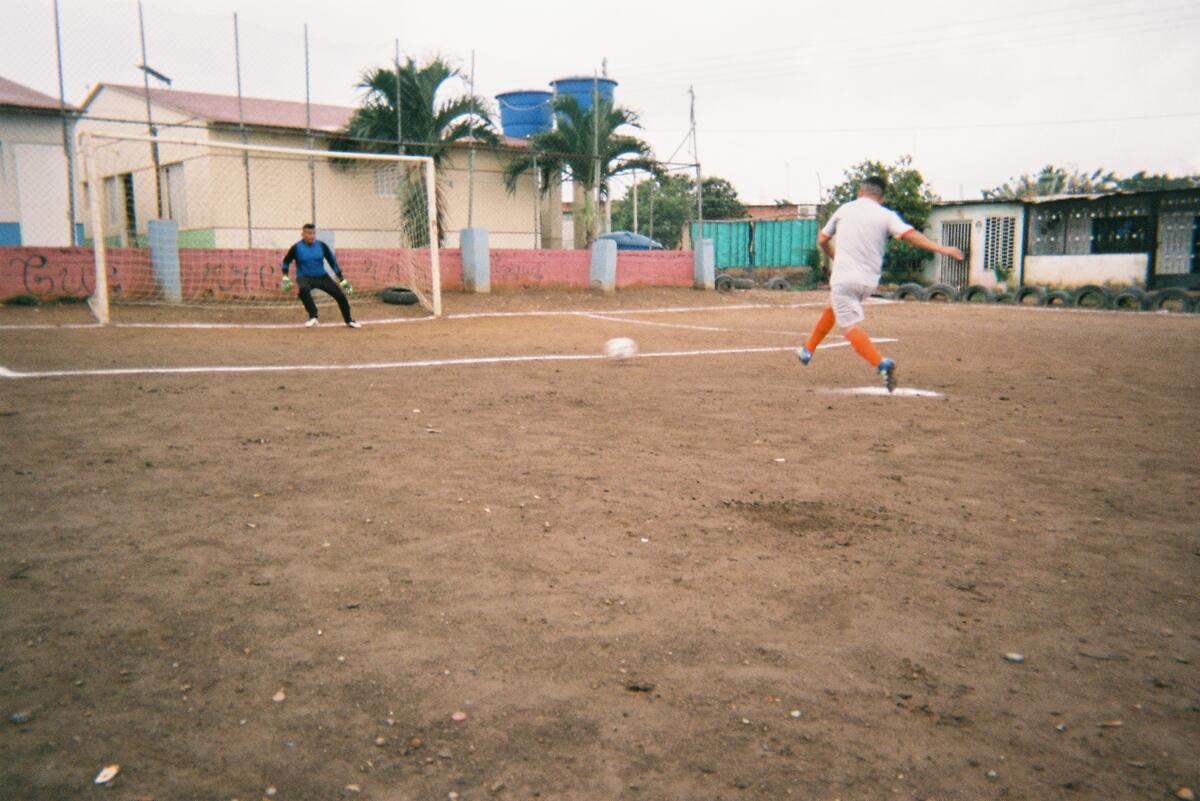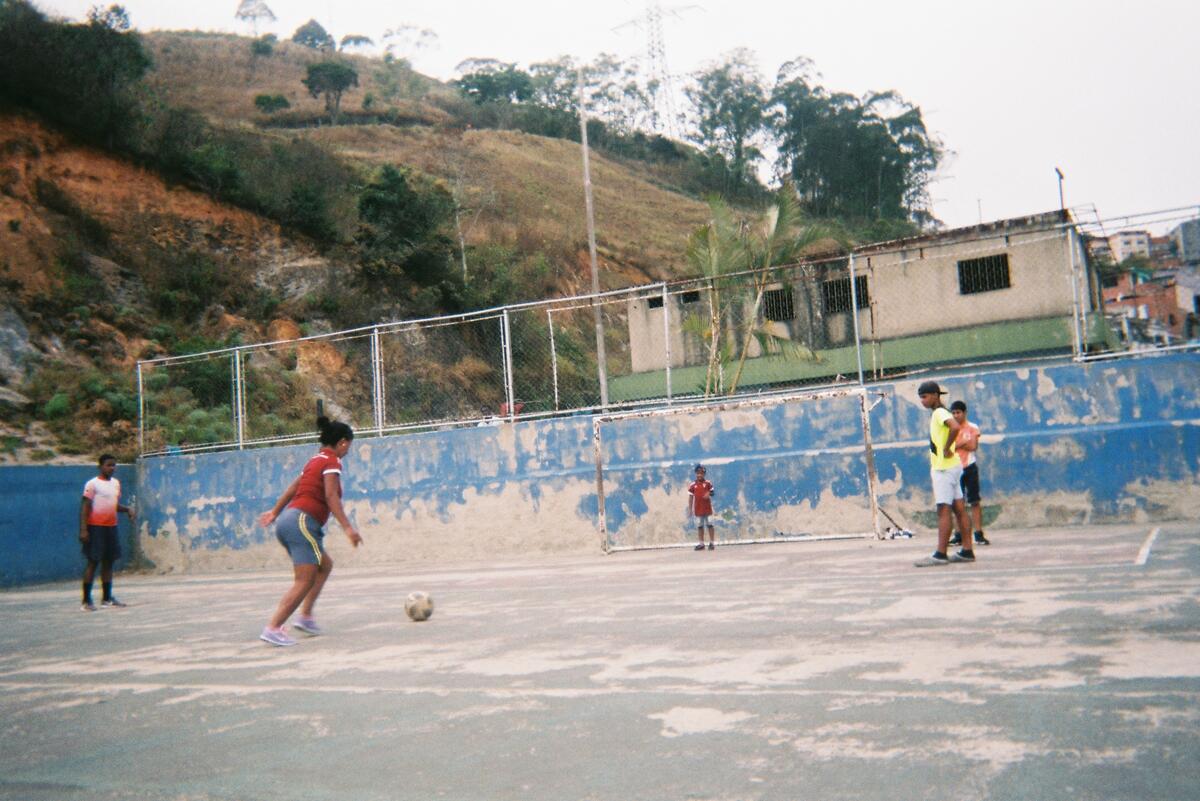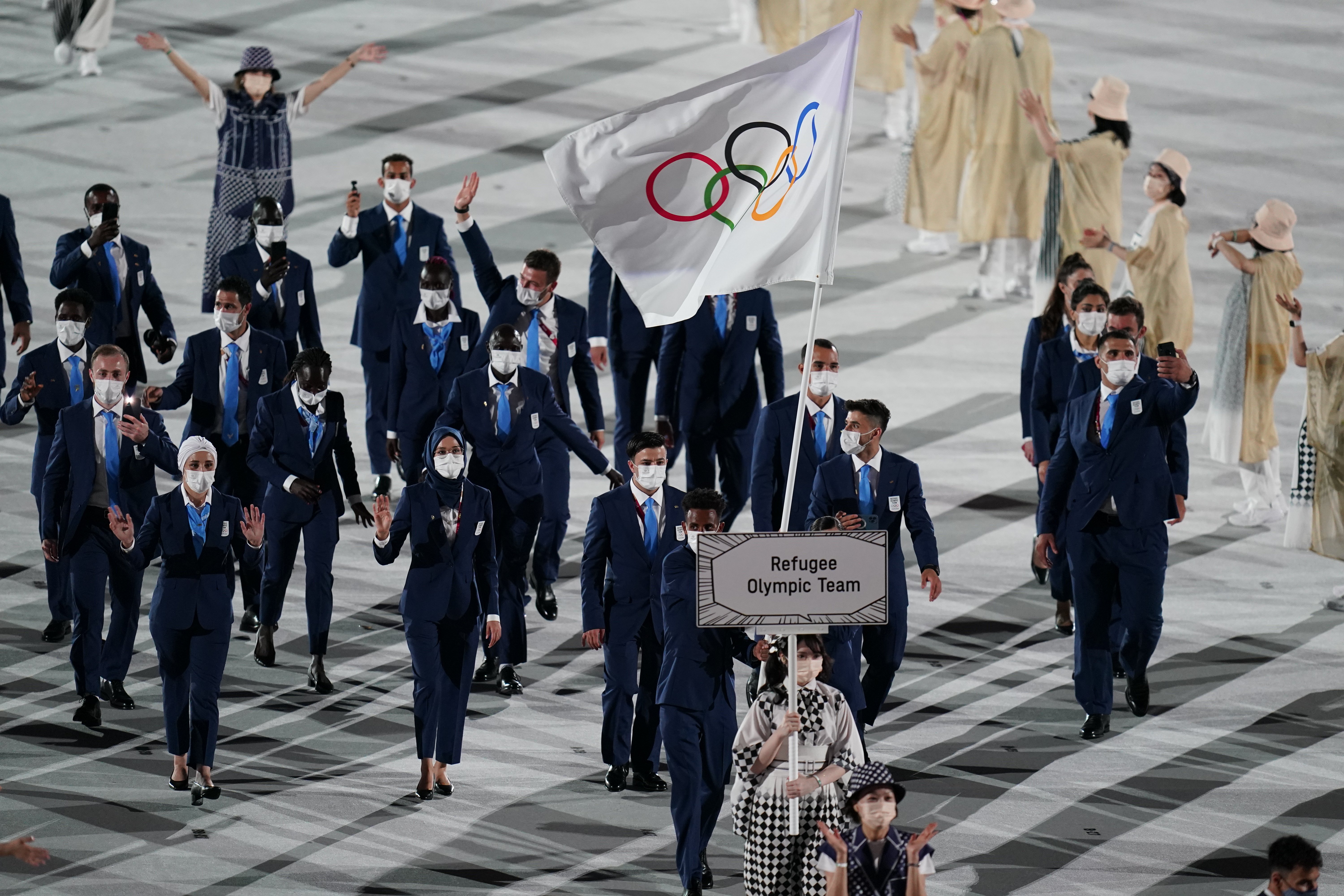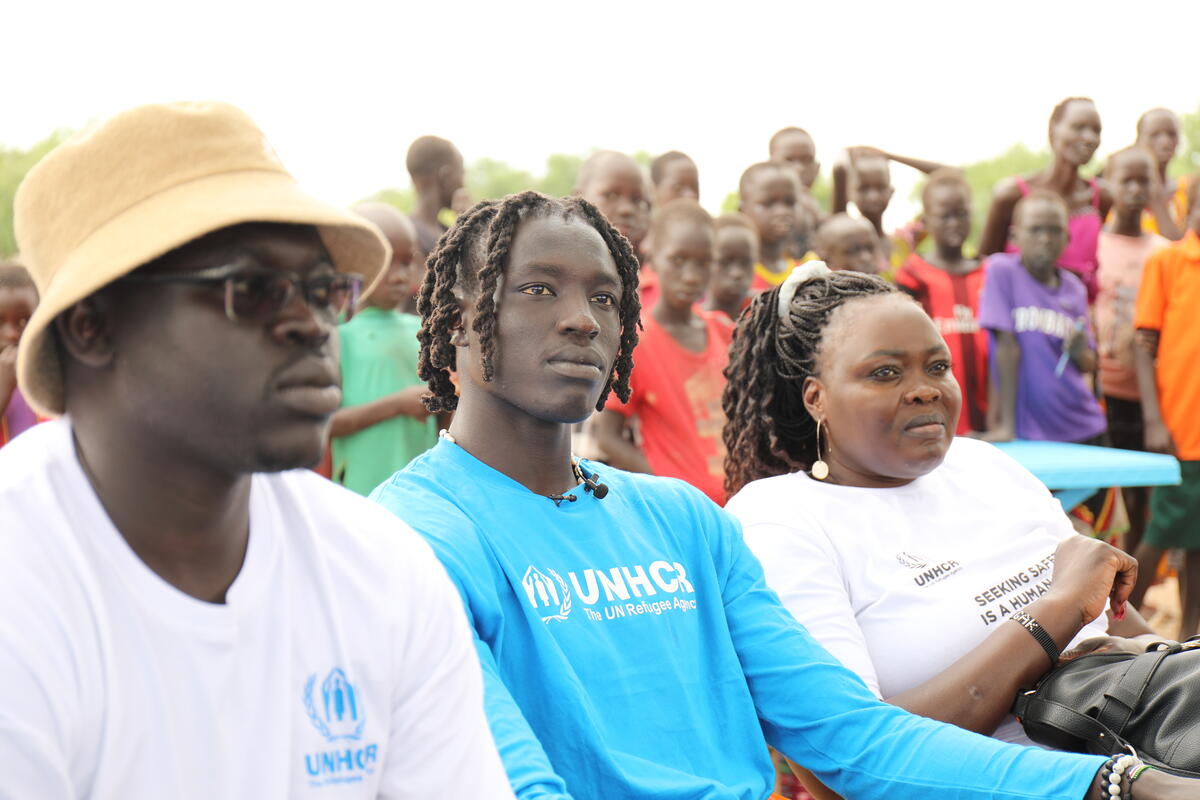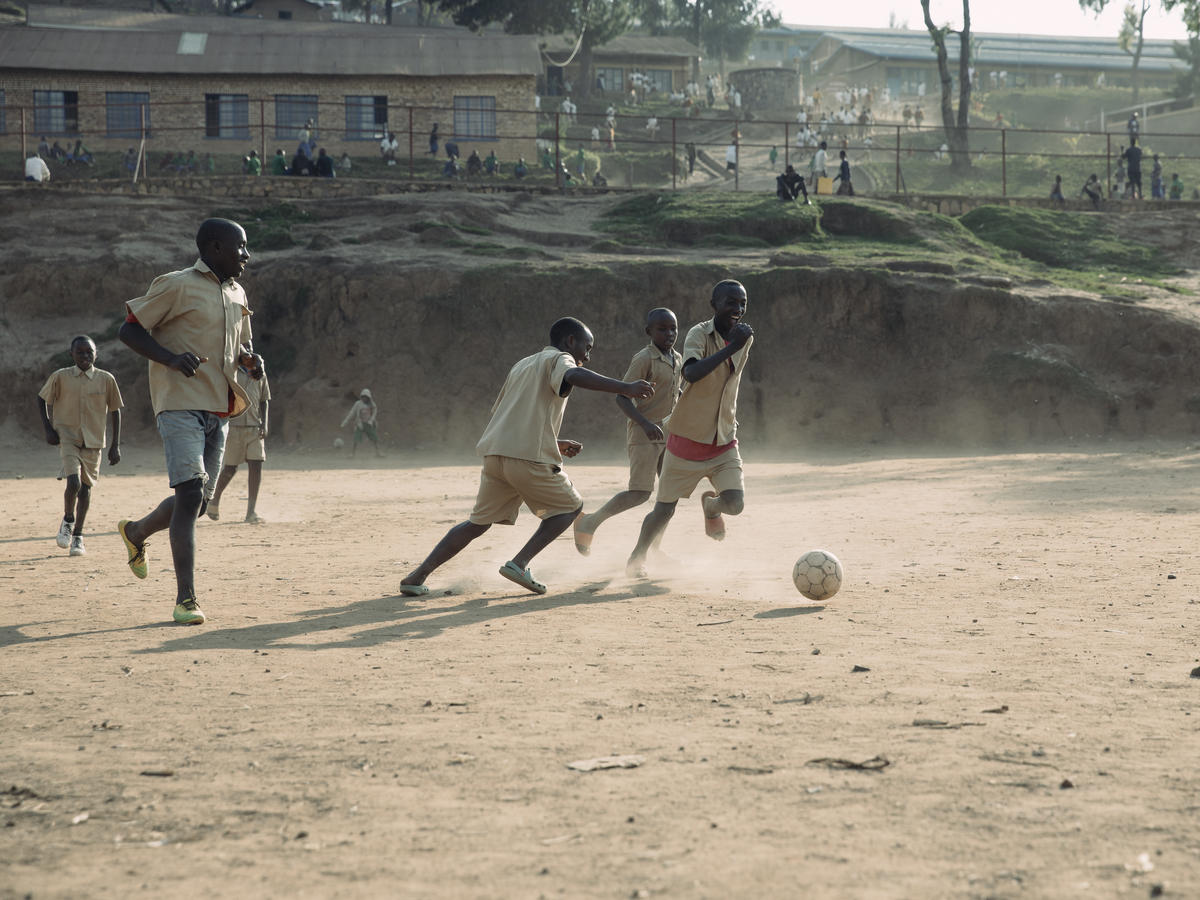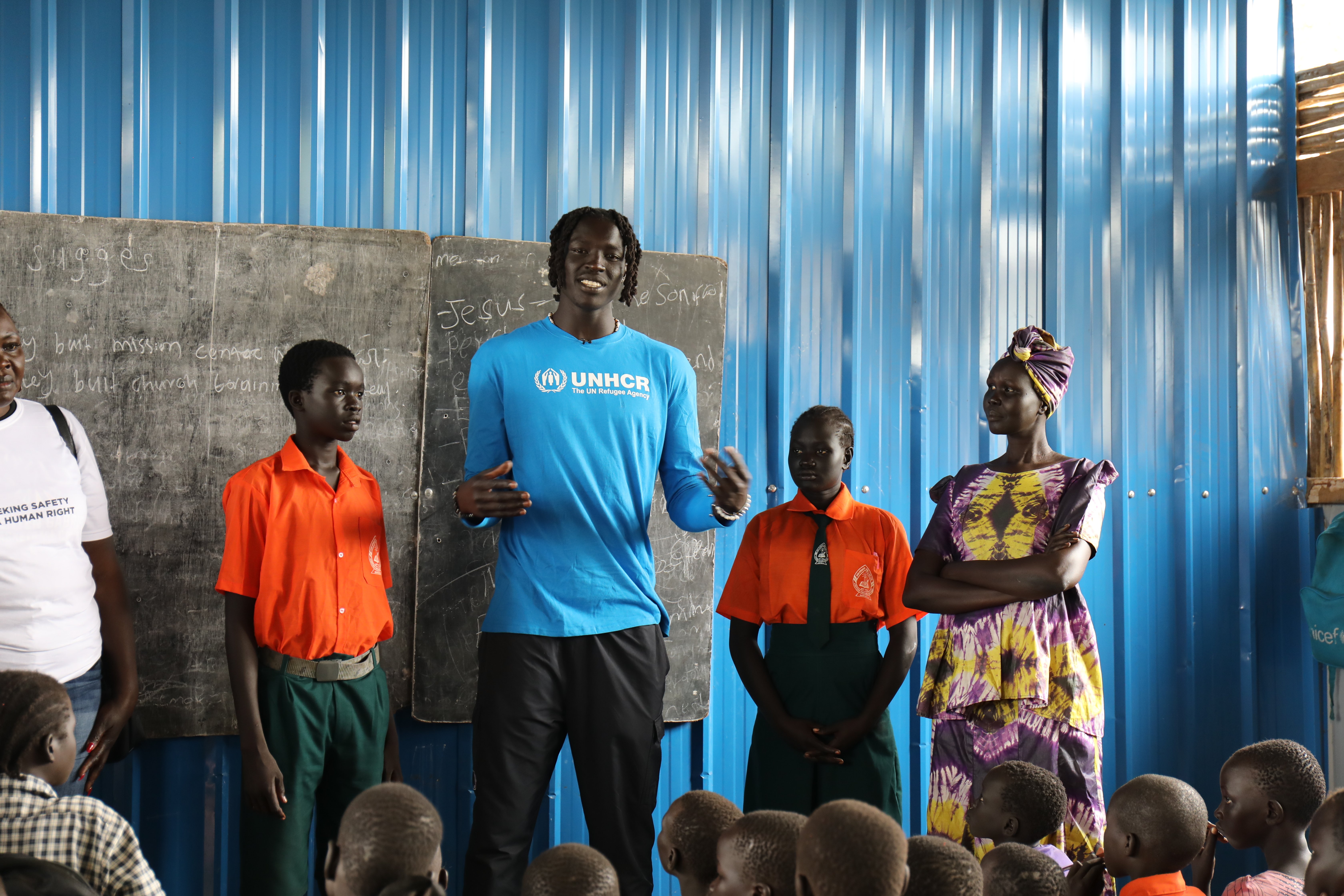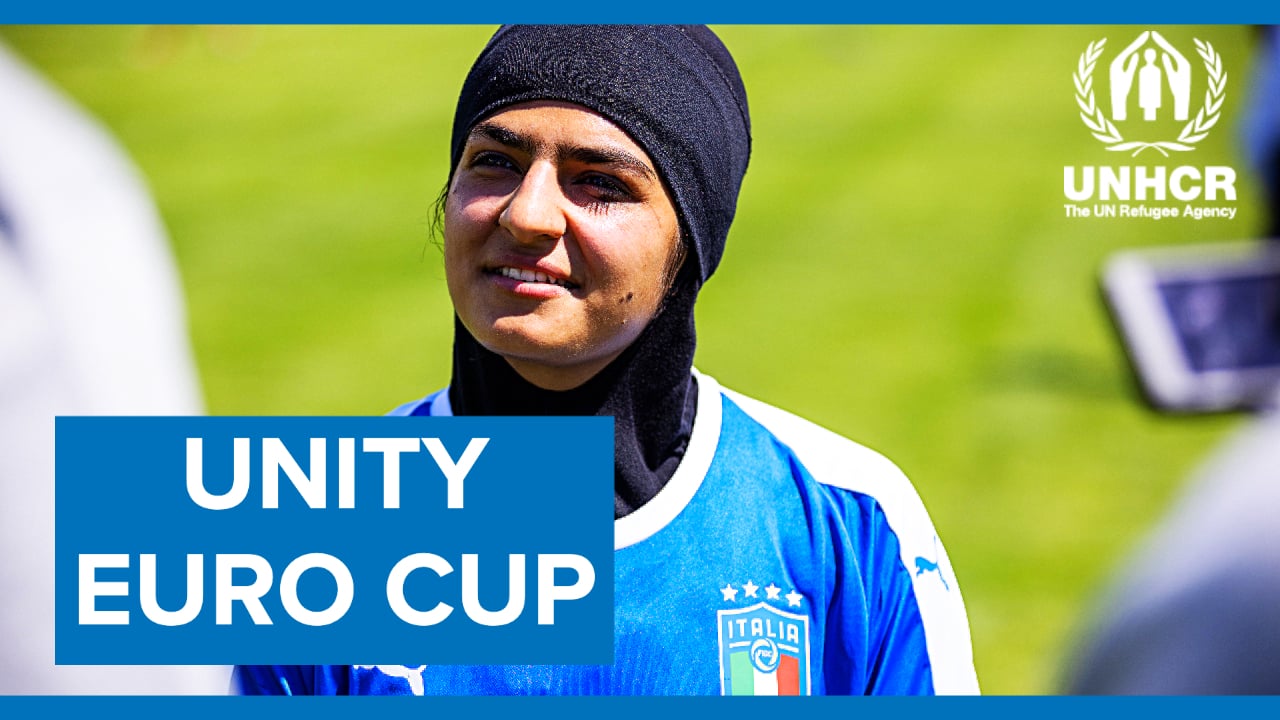Refugee teens find Olympic spirit at youth camp
Refugee teens find Olympic spirit at youth camp

ATHENS, Sept. 8 (UNHCR) - Mention "refugee" and "camp" in the same sentence, and one conjures up images of war-stricken people living in tented camps or accommodation centres in foreign lands.
But to five teenage refugees and asylum seekers in Greece, "camp" means two weeks of fun, sports, culture and friendship with hundreds of teenagers from around the world.
"It was such a wonderful experience!" gushes Olivia, an Iraqi refugee attending the Olympic Youth Camp in Athens. "We attended the Olympic opening ceremony and saw the swimming and horse-riding competitions. We visited the Acropolis, the ancient Olympia, the Olympic village, and caught a theatrical performance at the ancient theatre of Epidauros. We even went on a cruise to the Spetses islands. Everything was so beautiful!"
Olivia was one of 450 teenagers aged 16-18 who took part in the Olympic Youth Camp between August 11 and 26. This was her first time in a summer camp, a dream that came true thanks to the cooperation between UNHCR and the Athens Organising Committee (ATHOC). ATHOC had approached the refugee agency to educate camp participants on refugee issues, and to select five teenagers of concern to UNHCR to join the camp.
The approach was in line with the five goals of this year's camp in Athens: To educate youth through sport; to promote cultural exchange and foster international cooperation; to share the Olympic spirit and ideals; to develop in young people an understanding and respect for different cultures; and to promote knowledge and understanding of the historical, geographical and cultural background of the host country and birthplace of the Olympic Games.
Seventeen-year-old Olivia was one of the lucky few who were selected. After fleeing Iraq in 1992, she and her family became recognised refugees in Greece, where she is doing well in high school and was recently honoured by the Aegaleo municipality for her cultural creativity at the Panorama School. She plans to study biology and become a teacher.
Her camp mate, Alexander, was born in Iran and fled to Greece in 1991 with his mother and brother. The avid footballer was so enthusiastic about the Olympic Youth Camp that he called his brother every day with updates. "I had the opportunity to attend several Olympic events and live concerts," says the 16-year-old. "I was even on the German MTV!"
Jean Frédéric, also 16, escaped from the Democratic Republic of the Congo with his mother seven years ago. They are currently waiting for the results of their asylum application in Greece. A student at the local Panathinaikos Basketball Academy, he says he was thrilled with the camp experience.
Another participant, Hamid Javid, arrived from Afghanistan nearly two years ago and is staying at the Anogeia Centre for Unaccompanied Minors in Crete. "It is so nice here," says the 18-year-old who plays volleyball and football. "You can make friends from all over the world, talk about different cultures, customs, and what is happening on the other side of the globe."
Currently in Greece on Humanitarian Status, he hopes he can stay and study computer science in Greece.
Fellow Afghan Noouri Nadir, 17, lost his parents in the war in Afghanistan and arrived in Greece six months ago. He lives in the same accommodation centre as Hamid Javid, and started playing volleyball after attending the Olympic Youth Camp.
"The kids were so excited when they came back from the camp that they couldn't stop talking," notes the director of the Anogeia Centre. "It was such an experience for them. They brought us pins and cards, whatever they could afford, to show their gratitude."


